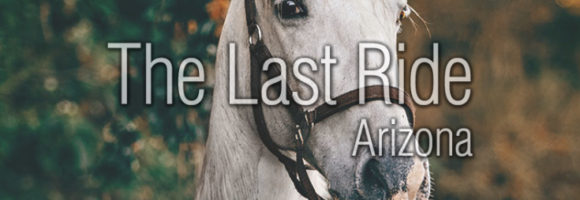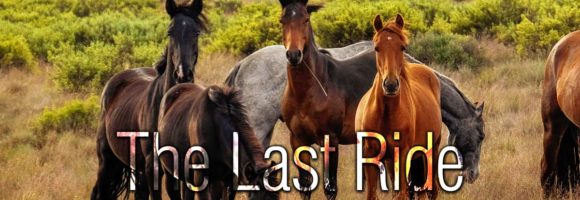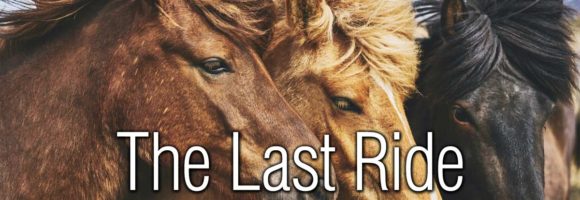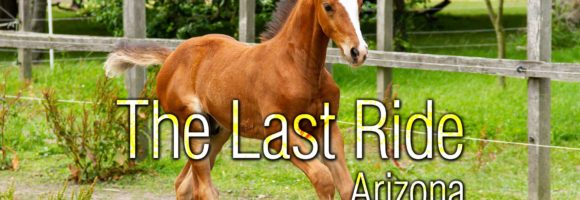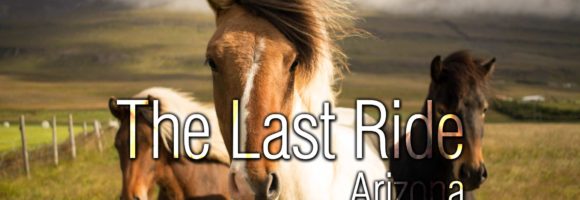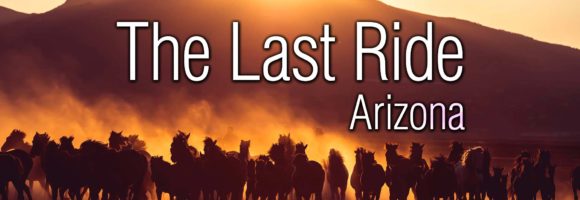Dos and Don’ts of Fruit and Vegetable Treats for Your Horse: Part 2
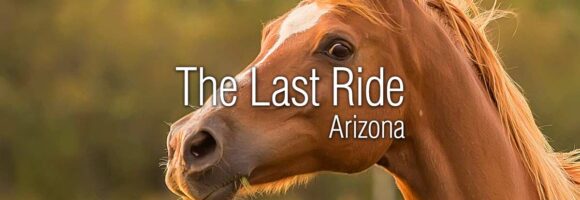
While apples, carrots, cucumbers and celery are all great treats to feed to your horse, there are certainly some fruits and vegetables that should be avoided. Here is a look at a few of the vegetables to avoid along with more that are safe to feed to your horse.
Cabbage and Other Vegetables in the Cabbage Family
Cabbage is never safe to feed to your horse. The same is true of other vegetables in this same family, such as broccoli, Brussel sprouts, cauliflower and kale. Just as with humans, all of these vegetables can create intestinal gas in your horse. Gas pains can escalate into life-threatening situations for your horse, including gas-related colic. Even if the condition is not fatal, it can cause intense discomfort for your horse.
Read More
